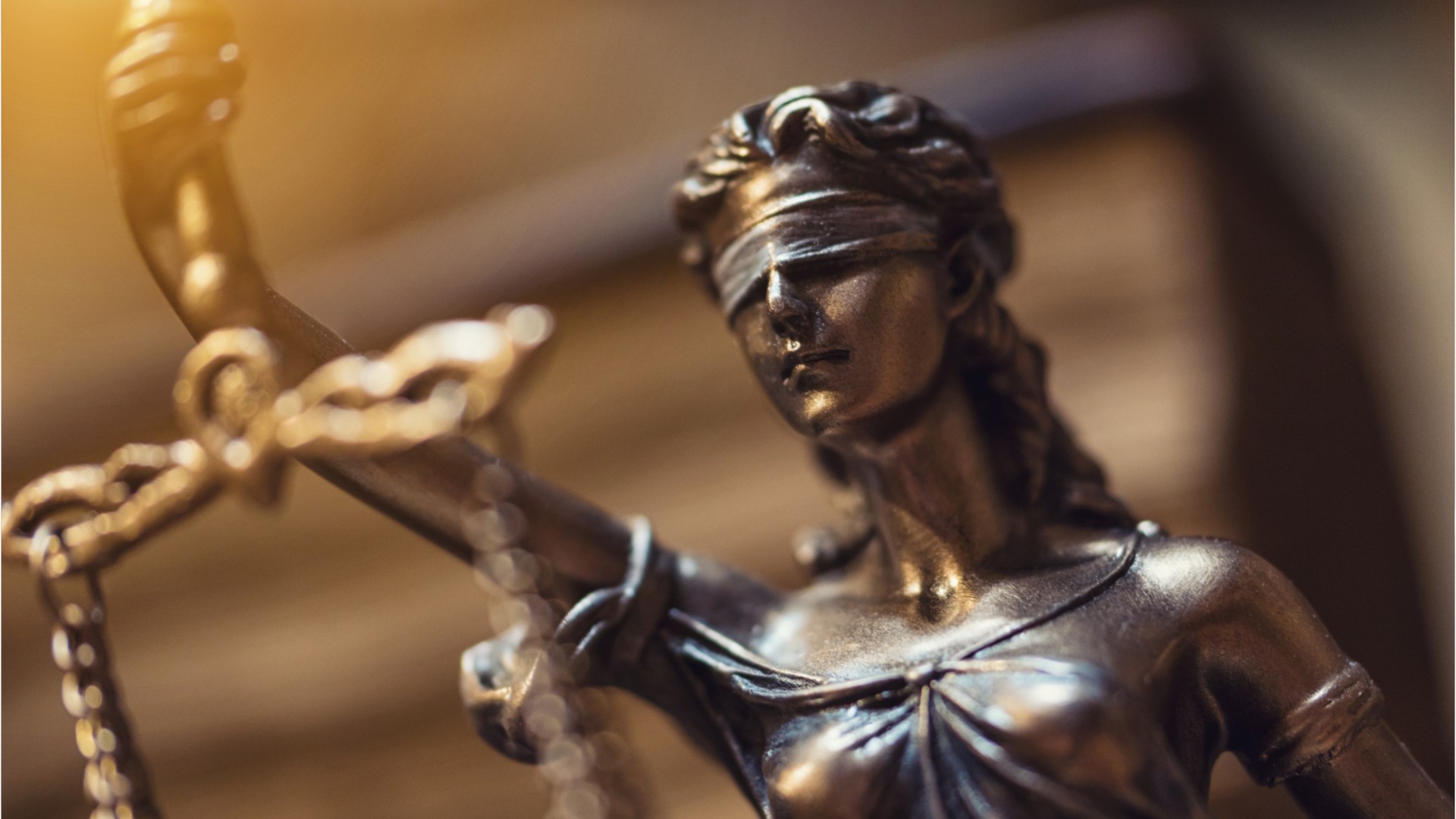
candelariamett
About candelariamett
UK law court administration is an important part of the country’s judicial system.
 The Crown Court in Northern Ireland hears indictable criminal cases, including offences such as assault, robbery, drug trafficking, and murder. Crown Court trials are typically overseen by a judge and may include a jury of 12 members. The process follows strict legal procedures to ensure fairness and justice.
The Crown Court in Northern Ireland hears indictable criminal cases, including offences such as assault, robbery, drug trafficking, and murder. Crown Court trials are typically overseen by a judge and may include a jury of 12 members. The process follows strict legal procedures to ensure fairness and justice.
Security is a crucial factor in court design in the UK is the provision of security measures. Given the sometimes high-stakes nature of legal proceedings, courts must ensure the safety of all parties involved, including judges, legal representatives, defendants, and members of the public. Court buildings are often equipped with security screening areas, metal detectors, and secure entrances and exits. Additionally, some courts have on-site police officers or security personnel to manage potential risks and ensure the safety of everyone in the building.
Beyond the trial stage, is the enforcement of court orders. Once a judgment is made, it is up to the winning party to ensure that the judgment is enforced. In civil cases, this may involve collecting damages from the losing party or ensuring that a court order is complied with. In criminal cases, the enforcement of the sentence may involve the probation service, police, or prison system, depending on the nature of the punishment.
Diversity in the judiciary is another issue that has gained attention. Although progress has been made in promoting gender and ethnic diversity, senior positions within the judiciary remain disproportionately occupied by white males. Ongoing efforts aim to make the bench more reflective of society as a whole.
Judicial independence in Northern Ireland is safeguarded by both local institutions and the broader UK framework. If you have virtually any inquiries concerning wherever in addition to how you can make use of law guest posting websites, you are able to e-mail us at our own web page. Judges are appointed by the Northern Ireland Judicial Appointments Commission and are expected to be neutral and unbiased, especially given the region’s complex political history.
Throughout the trial, the judge has the responsibility of maintaining order and ensuring that the proceedings are fair. If any legal issues arise that cannot be resolved immediately, the judge may make rulings or request further clarification. In more complex cases, especially those involving expert testimony or large amounts of evidence, the trial may last several days or even weeks.
Furthermore, Access to court resources can be limited in certain parts of the country, particularly in rural areas. Some individuals may have to travel long distances to reach their nearest court, which can be a significant burden, especially for those with mobility issues or limited financial resources.
Maintaining trust in the legal system are cornerstones of the English judiciary. Judges are appointed based on merit by the independent Judicial Appointments Commission. They are expected to be impartial and are protected from political interference to ensure the integrity of legal proceedings.
England, along with Wales, shares a common legal jurisdiction known as the legal system of England and Wales. This system is globally recognised and has shaped legal traditions in many other countries through its roots in common law.
A key feature of the UK legal system is the importance of transparency. Court hearings are typically open to the public, and judgments are often published, ensuring that the judicial process is accountable and that the public can understand how decisions are made. In some sensitive cases, such as those involving national security or the safety of vulnerable individuals, certain parts of the proceedings may be closed to the public, but these instances are rare.
One distinctive characteristic of English courts is its reliance on common law—laws developed through judicial decisions rather than statutes alone. This means that judges not only apply the law but also interpret and, in some cases, create legal principles through precedent.
The cost of accessing justice has also become a topic of concern in the UK court system. While court fees are necessary to fund the administration of justice, there is ongoing debate about how they can limit access to justice for vulnerable groups. Some argue that the cost of litigation, particularly in civil cases, can prevent individuals from accessing the courts, leading to disparities in legal outcomes.
At the next level of the court system, the Crown Court deals with more serious criminal cases, such as rape and violent crimes. The Crown Court’s administration is more complex, with a greater focus on managing jury trials and ensuring that both prosecution and defence have adequate time and resources to prepare their cases. The Crown Court is supported by various staff, including clerks, court officers, and legal advisors who assist judges in case management and procedural matters.
In some cases, law courts in the UK also provide free resources to help individuals represent themselves. These resources include legal guides, online advice, and links to community organizations that offer legal support. There are also self-help kiosks available in some court buildings, where individuals can access information about their case and get assistance with completing legal forms.
No listing found.
